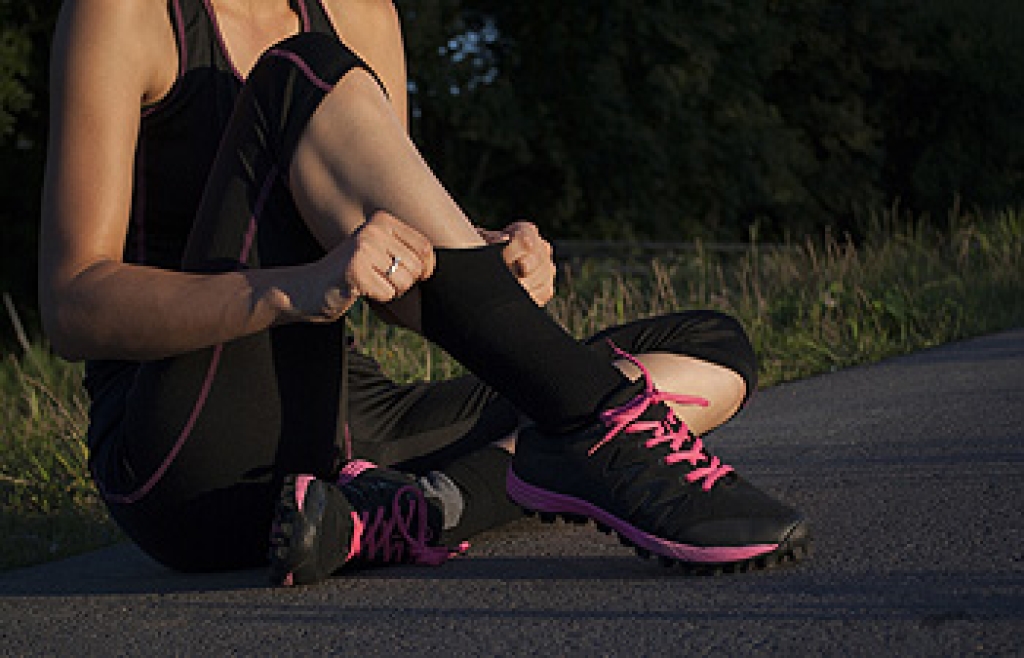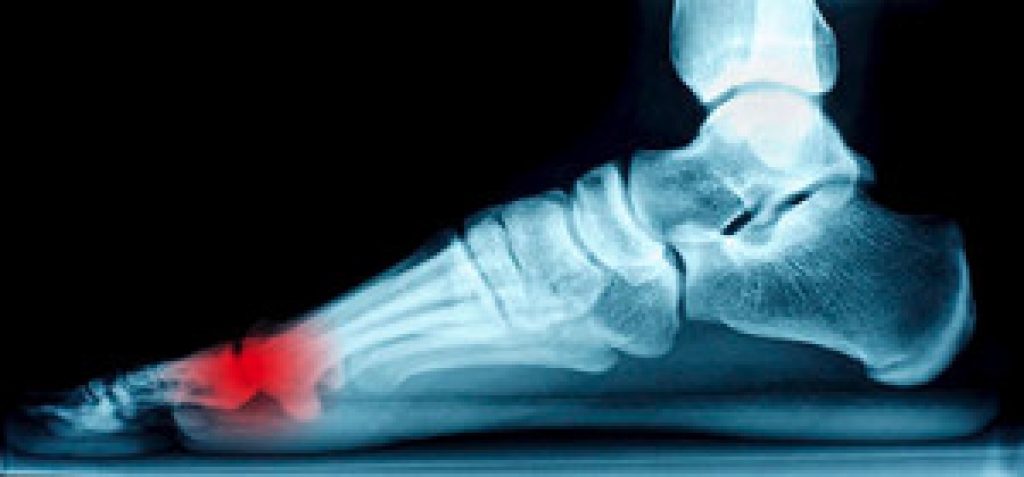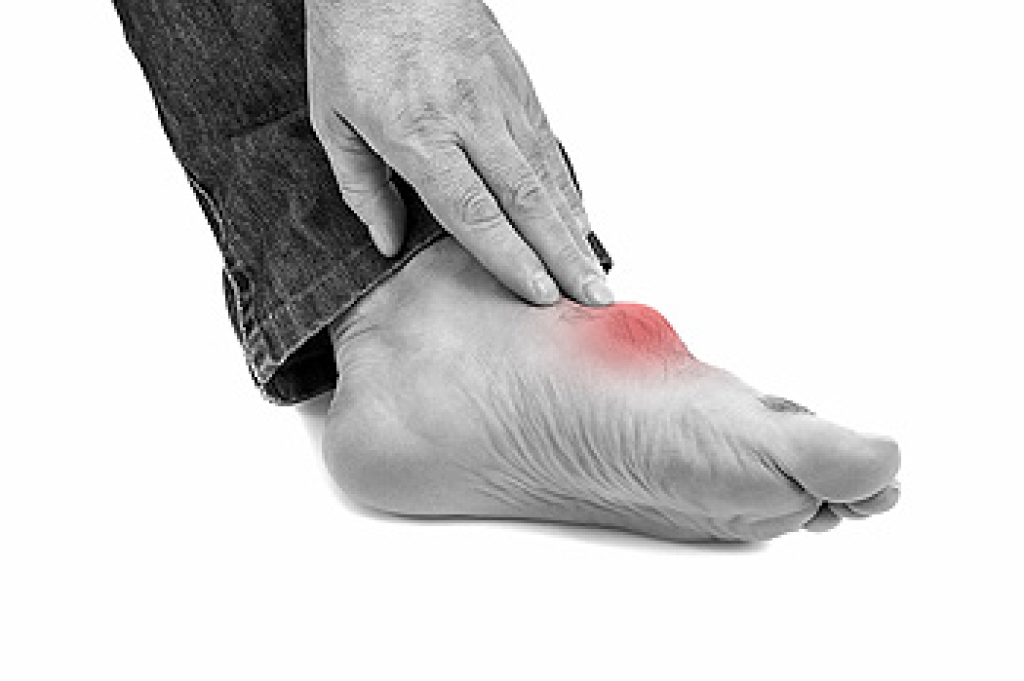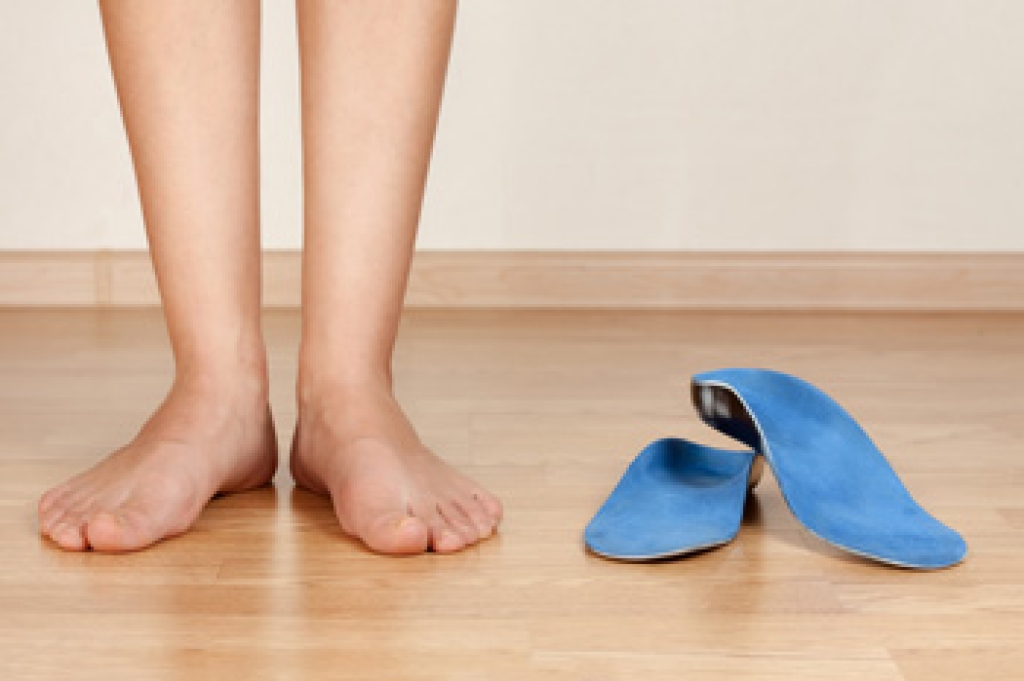The type of shoes that are worn is important to consider while working out. An exercise routine may be hindered if shoes do not fit correctly, and potential foot problems may develop. There are different types of shoes that can be purchased for various sporting activities. Runners will benefit by knowing the amount of shock absorption that is needed, in addition to observing how the feet make contact with the ground. This can be identified by looking at old shoes, and noticing wear and tear patterns. For people that enjoy hiking, boots may be a better option than running shoes. It is beneficial if they are made of waterproof materials, and have adequate cushioning. If you have any questions about what type of shoes to purchase for preferred sporting activities, please consult with a podiatrist who can help you to make the right choices.
It is important to find shoes that fit you properly in order to avoid a variety of different foot problems. For more information about treatment, contact one of our podiatrists from PA Foot & Ankle Associates. Our doctors will treat your foot and ankle needs.
Proper Shoe Fitting
Shoes have many different functions. They cushion our body weight, protect our feet, and allow us to safely play sports. You should always make sure that the shoes you wear fit you properly in order to avoid injuries and deformities such as: bunions, corns, calluses, hammertoes, plantar fasciitis, stress fractures, and more. It is important to note that although a certain pair of shoes might be a great fit for someone else, that doesn’t mean they will be a great fit for you. This is why you should always try on shoes before buying them to make sure they are worth the investment. Typically, shoes need to be replaced ever six months to one year of regular use.
Tips for Proper Shoe Fitting
- Select a shoe that is shaped like your foot
- Don’t buy shoes that fit too tight, expecting them to stretch to fit
- Make sure there is enough space (3/8” to ½”) for your longest toe at the end of each shoe when you are standing up
- Walk in the shoes to make sure they fit and feel right
- Don’t select shoes by the size marked inside the shoe, but by how the shoe fits your foot
The shoes you buy should always feel as good as they look. Shoes that fit properly will last longer, feel better, and improve your way of life each day.
If you have any questions please contact one of our offices located in Allentown, Easton, Northampton, and Chew Street in Allentown, PA . We offer the newest diagnostic and treatment technologies for all your foot and ankle needs.





